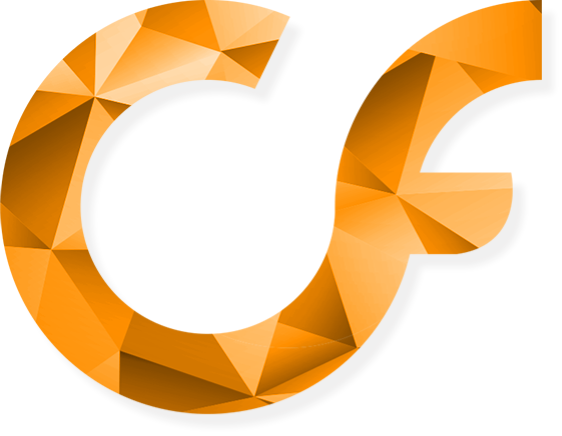The global economy is a complex, interconnected web of billions of individuals and businesses that exchange items of monetary value. Innovations like online banking and brokerages have made it easier than ever to engage in financial transactions from home. But system-wide inefficiencies slow down the process as middlemen siphon off fees/profits. Blockchain yet again streamlines the entire financial transaction process into one that takes seconds to complete and eliminates money meandering through middlemen.
At the most basic level, blockchain is a peer-to-peer, decentralized network where information propagates not through a central server, but nearby neighbors in the network. This “web” mimics how money transfers between two entities traditionally (directly between each other, not to a centralized location and back). As such, money transfer becomes much more efficient. Since blockchain espouses a distributed ledger and immutable record, anyone can get access to worldwide financial activity and reach system-wide consensus quickly.
The blockchain also encourages fungibility (or financial interchangeability) of assets, so that similar products are less distinguishable on the network (e.g. two different brands selling very similar toothpaste). This leads to a reduction in prices and an elastic, consumer-oriented market.
Despite these already great benefits, blockchain developers are leveraging the unique features of blockchain to create other unique technologies that benefit consumers and businesses alike. Smart contracts (notorious on the Ethereum blockchain) allow developers to create a string of if-then conditions that behave like traditional contracts. But unlike traditional contracts, the judiciary system doesn’t need to intermediate any disputes: the smart contract automatically executes code if prerequisites are met, thereby reducing contract processing from days to milliseconds.
Furthermore, payments on the blockchain are more efficient than their counterparts in traditional online banking. Such ancient methods involve money transferring through routing systems that require batch processing, bank approval, and long queues. But now, blockchain networks like Stellar permit individuals to directly send money with each other. New features have been developed that allow users to convert cash between different currencies (without paying foreign transaction fees). This trend will encourage the exchange of international micro-remittances (gift money sent in amounts as small as a few dollars). And due to blockchain’s decentralization, transactions get broadcasted to the whole network so that banks and governments can keep records.
Lastly, asset tokenization allows developers to create tokens that represent tangible assets (like electricity, commodities, and manufactured products). By directly trading tokens instead of the money behind them, investors can invest fractions of a cent in international investments without intermediaries. As investors diversify their portfolios and engage in more liquid investments, the economy becomes more stable during financial crises.
Despite fintech’s use of high-tech developments, even developing countries are enjoying its benefits. The International Monetary Fund released The Bali Fintech Agenda in 2018, which plans to democratize investment for the economically disadvantaged in developing countries using fintech. Financial technology also prevented the destruction of the Zimbabwean economy. As the government kept printing bills to pay its debts, the value of Zimbabwean currency experienced hyperinflation of 7.96 x 10^12% by November 2008; but fintech-powered mobile banking helped to put business owners back on their feet and increase the availability of goods through increased fungibility.
Hence, investment is no longer a matter for only the wealthy; blockchain fintech now allows 8-year-old lemonade-stand owners in Iowa to sell lemonade to a thirsty tourist in Dubai, all the while running virtual legal contracts through blockchain-powered distributed computing. ∎
Sources
“The Bali Fintech Agenda: A Blueprint for Successfully Harnessing Fintech’s Opportunities.” IMF, International Monetary Fund, 11 Oct. 2018.
“Open Source Blockchain for Currencies & Payments.” Stellar, Stellar Development Foundation.
Tendayi, Tatenda. “The Inadvertent Rise of Digital Transactions in Zimbabwe: | Insights: DLA Piper Global Law Firm.” DLA Piper Publications, DLA Piper, 17 Apr. 2019.
“Tokenization: Opening Illiquid Assets to Investors.” BNY Mellon, The Bank of New York Mellon Corporation, June 2019.

